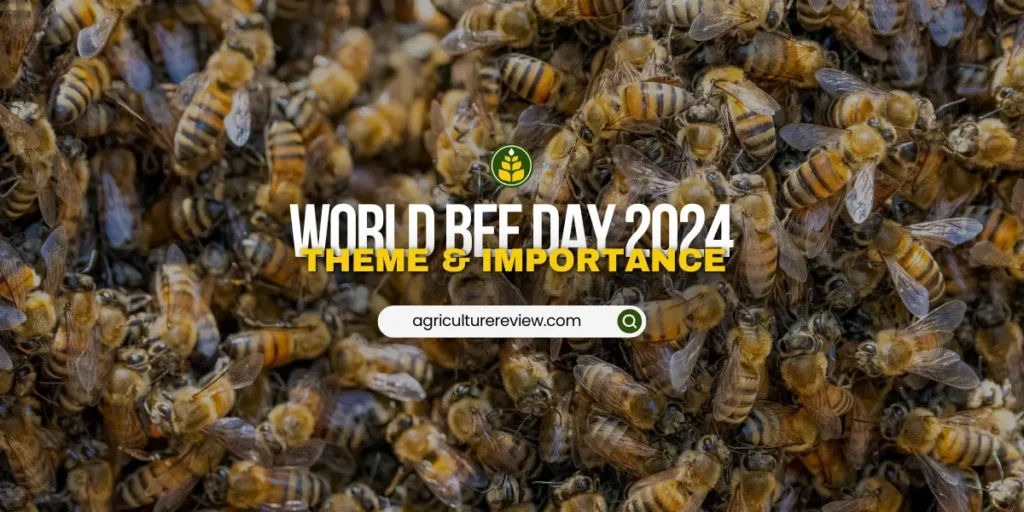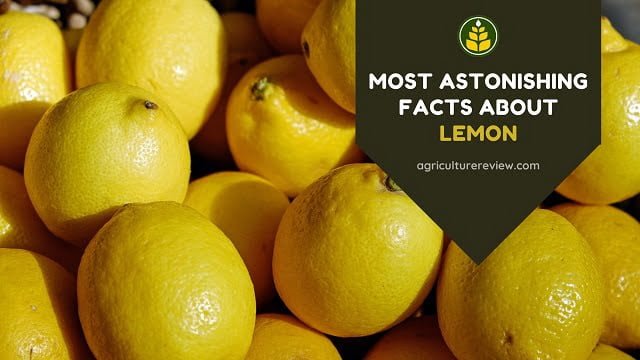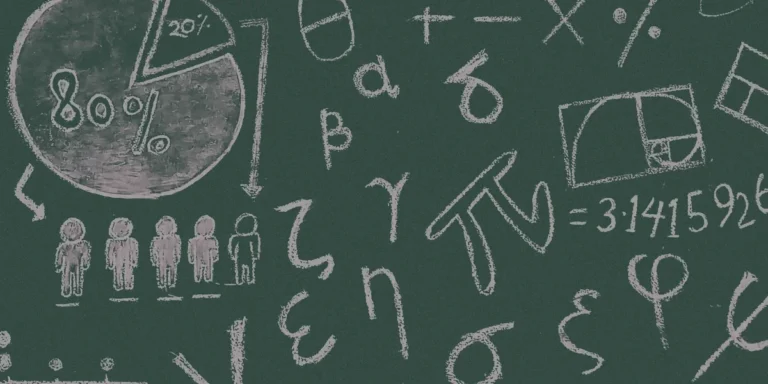First observed on May 2, 2018, led by the UN General Assembly, World Bee Day is celebrated every year on May 20 to recognize the importance of bees in pollination, biodiversity, and the production of honey, beeswax, propolis, royal jelly, etc. 20th May was selected to be recognized as the bee day to honor “Anton Janša,” the famous modern apiculturist from Slovenia, on his birth date.

Bees are natural pollinators; hence, they help to maintain biodiversity and keep our environment healthy. But, due to the excessive use of chemical pesticides in agriculture, climate change, urbanization, deforestation, air pollution, monoculture farming, etc., the population of bees, particularly wild bees, is declining rapidly, which poses a serious threat to our environment.
According to the data, around 11.4 million commercial honey bee colonies were lost between January 2015 and June 2022 in the United States. Another study conducted in Bangalore, India, says that the bee population fell by 20%. Moreover, a similar study in Odisha, India, alarms that the population of bee species such as Apis cerana, Apis dorsata, Apis florea, Amegilla spp., and Xylocopa spp. has declined by up to 70–90%.
The decline of the bee population is linked to reduced yields and potential food shortages. Many crops rely on bees for reproduction. That’s why we need to realize the importance of bees and take appropriate steps to solve this problem we recognize today worldwide. The theme for World Bee Day 2024 is “Bee engaged with youth.“
Youth worldwide are encouraged to get involved in apiculture. Rural youth can host beehives on their farms. This could not only help to increase the population of bees, but it will also help to increase pollination and act as an additional source of income for farmers. At present, China is the leading honey-producing country in the world, with a total production of 461,000 metric tons in 2022.
This is followed by Turkey, Iran, India and Argentina. In India, there are 12,699 registered beekeepers with the National Bee Board with around 1.934 million honey bee colonies. The country produces approximately 1,55,000 tones of honey. Over 50% of this honey is exported to around 83 countries, including varieties like mustard, eucalyptus, lychee, sunflower, multi-flora Himalayan, acacia, and wild flora honey.
To support beekeepers, 102 projects under the National Beekeeping and Honey Mission have been approved with a budget of ₹133.31 crore in 2021. But, inspite all these efforts we need to do more. Farmers need to diversify their farming practices, they need to take it as a business to make good profits and become sustainable.
You will be surprised to know that honey was the first sweet food tasted by the ancient Indians inhabiting rock shelters and forests. But, today, the domestic consumption of honey is only about 20 grams per person per year, which is too low as compared to a developed country such as the United States, which has honey consumption of 2.5 kg per person per year.
This upsets the local honey market, which directly affects the livelihood of honey producers in India. Despite the many health benefits of honey and its delicious taste, the Indian population is not consuming much honey. Therefore, there is a need to spread awareness not only among farmers but also among consumers so that the ecosystem of honey production can sustain itself.
What are you going to do on this World Bee Day to increase awareness? Tell us in the comments so that everyone can find motivation. You can also connect with Agriculture Review on Facebook, Instagram, Koo and WhatsApp Messenger.





